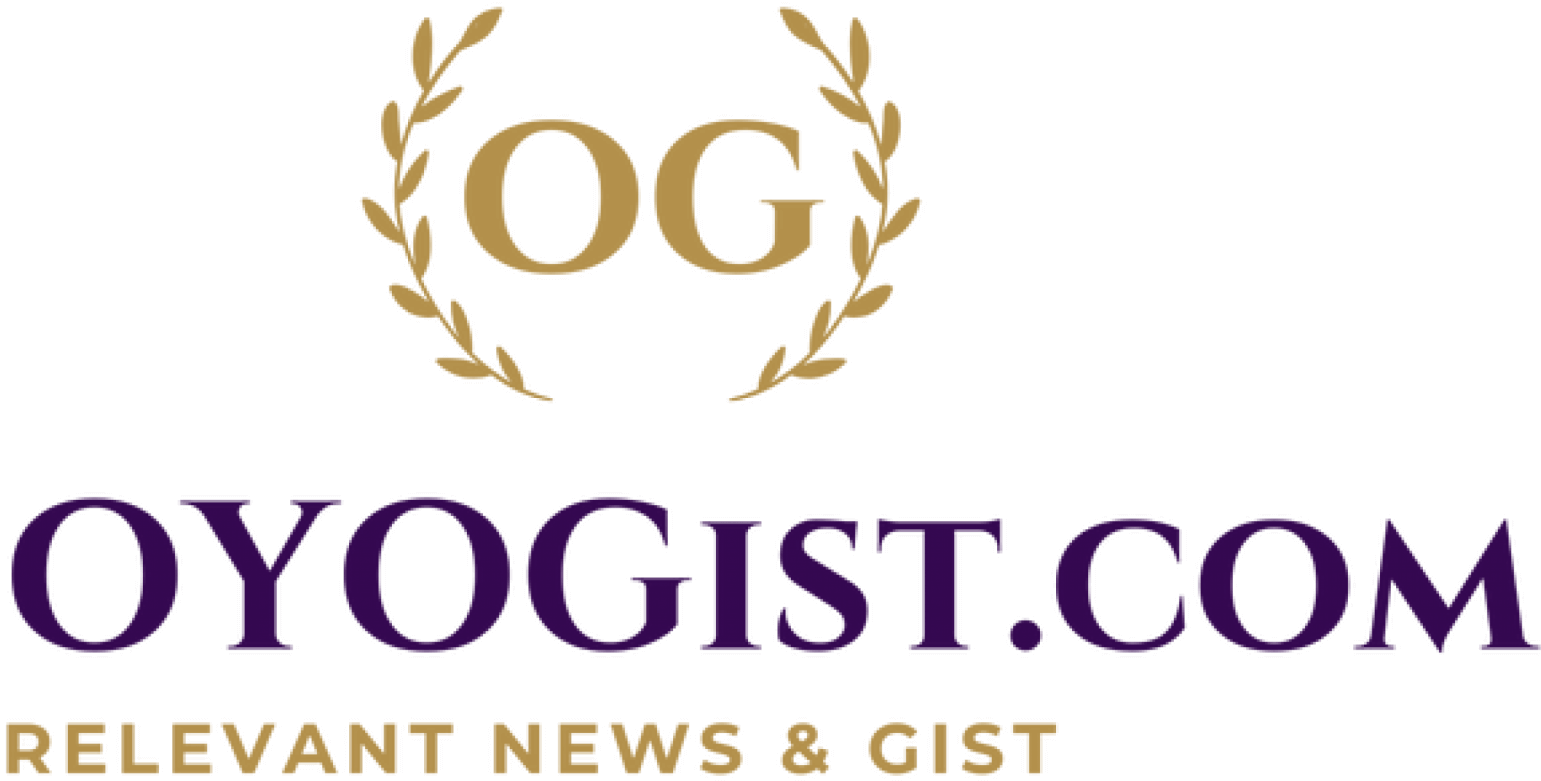
Russian opposition leader Alexei Navalny has asked the EU to impose sanctions on Russian oligarchs related to the Kremlin including the owner of the Chelsea football club Roman Abramovich, called Vladimir Putin and his entourage “a group of criminals who temporarily took power” in this country.
Navalny is one of four Russian opposition politicians to overcome the European Parliament Foreign Affairs Committee on Friday with a video link. He recovered in Germany from poisoning efforts in August but said he planned to return to Russia.
He fell ill in a flight from Tomsk in Siberia to Moscow, and a German specialist decided he had been poisoned with Novichok’s nerve agent. He accused Putin ordering his poisoning, the claims denied by Kremlin.
Navalny, who has spent years investigating corruption in the Russian political elite, saying that instead of targeting those who are directly responsible for implementing criminal orders, stronger steps is to target Kremlin’s financial pillars.
“There is no point in giving colonel or general sanctions or people who clearly do not travel or have bank accounts in Europe,” he said, speaking in English. Navalny chose a metal billionaire and former Arsenal shareholder Arsenal Alisher Usmanov, and said, “No one in the Kremlin will treat European sanctions seriously” as long as Usmanov can pocket his attractive vessel in Barcelona or Monaco. He said sanctions against oligarchs such as Usmanov and Abramovich would be welcomed by 99% Russia.
“Just targeting Russian oligarchy. Just let Mr. Usmanov, Mr. Abramovich … ‘Guys, you acting against Russians, you acting against Europe, you are all the time that advocates that Europe is something bad. So please, take it Your cruise ship and get somewhere to Nice Port from the Belarus Republic. “
Usmanov has been in the past reacting angrily at Navalny’s investigation into him, denying allegations of political corruption. A spokesman for the USMANOV company refused to comment on Friday, as a spokesman for Abramovich.
The hearing also discussed the parliamentary election next year in Russia, and Navalny asked European politicians not to recognize sound if opposition forces were not permitted to participate. In many recent elections, political forces outside the group of “Systemic Opposition” parties that are very friendly Kremlin have been banned from standing.
Urmas Paet, Deputy Chair of the Parliamentary Foreign Affairs Committee, said the EU needed to come with a “comprehensive reassance” relationship with Russia, based on the events of the last few years. He said it was important that the parliament was seen “standing with Russians in a fight for Russia which is more free, more open and democratic”.
This kind of message is likely to be saved by the media controlled by Russia to show Western interference in internal affairs of Russia, and taking part in such discussions is a change of famous tactics from Navalny. Before poisoning, he almost always refused to engage with politicians or western panels and rarely speak English in public, some efforts to make it more difficult for the Kremlin to paint as a Western interest doll.
He now seems to have decided that he did not need to lose by doing it, and he said he was touched by warm words from many European politicians after his poisoning. “I’m definitely not the first, and unfortunately I will not be the last to be poisoned or killed, and is very important for Russians to know Europe and the European Parliament will not be silent on such events,” he said.
